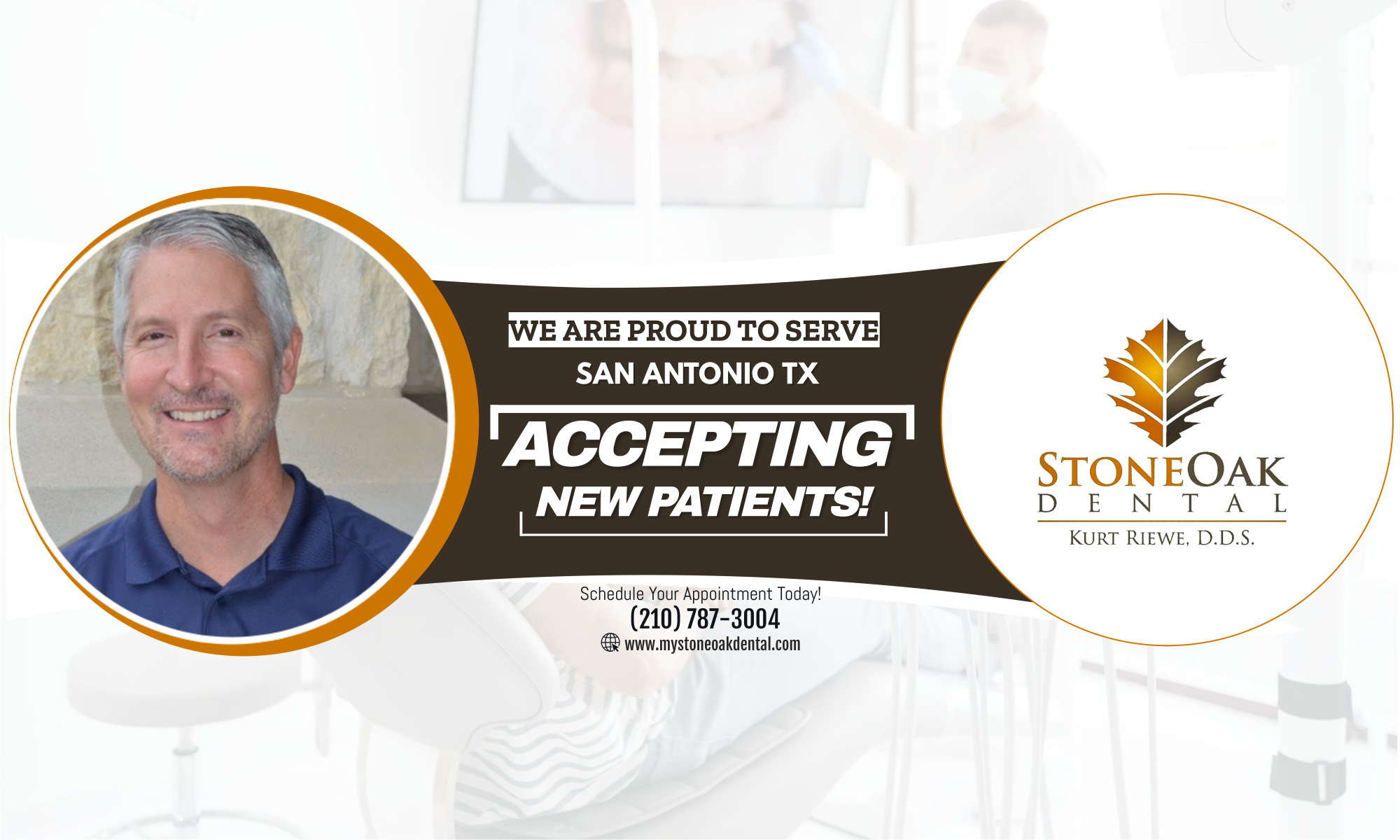Young people today choose to make a variety of fashion statements affecting not just the clothes they wear but also their bodies through tattoos and piercing, for example.
Oral piercing may be something they feel looks good but it can lead to problems where they end up needing medical or dental treatment.
Oral piercing can often lead to symptoms such as pain, swelling, infection, increased saliva flow and injuries to the gum tissue.
There can be severe bleeding if a blood vessel is in the path of the needle during the piercing.
Swelling of the tongue is also a common side effect and, in extreme cases, this can block the airway and lead to breathing difficulties.
Other possible problems include chipped or cracked teeth, blood poisoning or even blood clots.
Infection is a very common complication of oral piercing because of the millions of bacteria in your mouth.
Of course, the jewelry itself also causes risk. It can be swallowed or cause damage to your teeth.
So, while young people may feel piercings in the mouth look cool, a great smile will look a lot better in the years to come.
